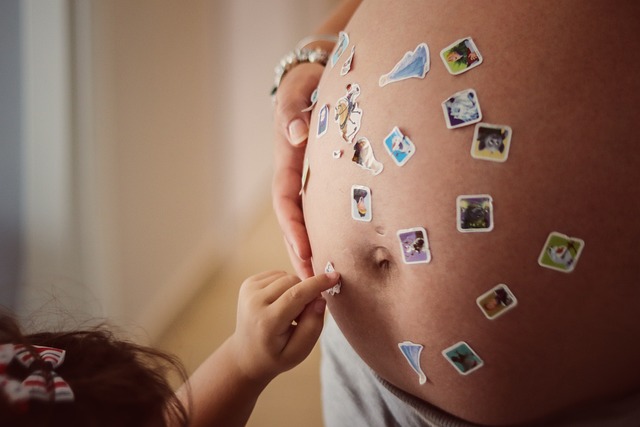As the COVID-19 pandemic continues to evolve, many expectant parents are faced with conflicting information about the COVID-19 vaccine. Here are seven prevalent myths regarding the vaccine and why they are unfounded.
1. The COVID-19 Vaccine Causes Infertility
There is no evidence to support the claim that the COVID-19 vaccine affects fertility. Research shows that mRNA vaccines do not have any impact on reproductive health.
2. The COVID-19 Vaccine is Still “Experimental”
While the vaccine was initially developed quickly, extensive trials and data have confirmed its safety and effectiveness. Leading health authorities recognize it as a critical tool for preventing severe illness in pregnant individuals.
3. Pregnant Individuals Experience More Side Effects
Studies indicate that the side effects experienced by pregnant people are similar to those observed in the general population. Most side effects are mild and temporary, such as soreness at the injection site or fatigue.
4. Healthy Pregnant Individuals Don’t Need the Vaccine
The CDC and other health organizations recommend vaccination for all pregnant individuals, as they are at a higher risk of severe COVID-19 complications, including hospitalization and preterm birth.
5. Previous COVID-19 Infection Eliminates the Need for Vaccination
Even if someone has had COVID-19, vaccination is still recommended. The vaccine provides additional protection and helps to boost immunity.
6. One Dose is Sufficient if You’ve Been Vaccinated Before
As new variants of COVID-19 emerge, health officials advise receiving updated vaccines to ensure continued protection, regardless of past vaccinations.
7. The First Trimester is Not a Good Time for the Vaccine
Research shows that the COVID-19 vaccine is safe and effective at any stage of pregnancy. Experts encourage vaccination to protect both the pregnant individual and the unborn child.
As new variants of the virus continue to surface, it’s essential for pregnant individuals to stay updated on vaccinations. Organizations like the CDC, the American College of Obstetricians and Gynecologists (ACOG), and the Society for Maternal-Fetal Medicine (SMFM) consistently advocate for vaccination.
If you’re considering starting a family or exploring options like at-home insemination, resources such as Make A Mom offer innovative solutions, including the only reusable insemination option, and a detailed guide on how at-home insemination works. Furthermore, you can connect with others in your journey through this free sperm donor matching group.
For those interested in the topic of artificial insemination, Wikipedia provides a comprehensive overview. Additionally, you can access information about home insemination kit success rates to better understand your options.
To enhance postpartum care, consider reading about witch hazel perineal comfort liners and their benefits.
To Summarize:
Dispelling these myths is crucial for informed decision-making about the COVID-19 vaccine during pregnancy. Vaccination is safe, effective, and highly recommended to protect both the parent and the baby. Always consult reliable resources and healthcare professionals when making choices about your health and pregnancy journey.

